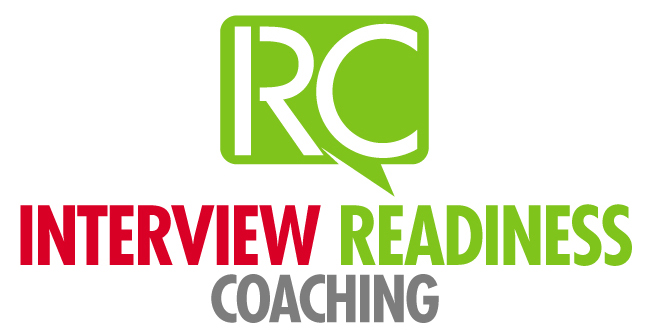I am an advocate for the use of career portfolios during an interview. Career portfolios are useful for interviewees at all levels of their career. This document showcases education, skills/accomplishments, volunteer work, and professional memberships. It also helps organize a candidate’s thoughts during the interview. It provides a polished presentation to the hiring manager, and shows him/her that the candidate took time and effort preparing for the interview. A standard career portfolio will be about 20 pages and have:
- A table of contents
- A copy of your resume (which you should bring to the interview as a standard practice)
- A break down of experience pertaining to the position
- Education degrees/certifications or transcripts (if any)
- Accomplishments or awards (professional and/or academic)
- Samples of your work (professional or academic)
- A 30/60/90 day work plan.
A career portfolio sets an interviewee apart from the crowd as most candidates will not have a presentation such as this in the interview. It is a package that you leave with the interviewer so they can see your presentation as they review their notes of the interview. It is also a guide for the interviewee to refer back to during the interview in order to refresh his/her memory of details that my be forgotten, if left to memory. The 30/60/90 day plan shows the interviewer that you are serious about becoming a part of the team and will give them a picture of how you will use your skills, education and experience to help the organization reach its goals.
_________________________________________
To get more tips on the subject matter, Join us on Tuesday, November 18, 2014 at 2:00 p.m. for a workshop on Interview Readiness. You will learn techniques to make sure the interviewer can see your true personality and how you would be a great fit for their organization.
Click here to register!



